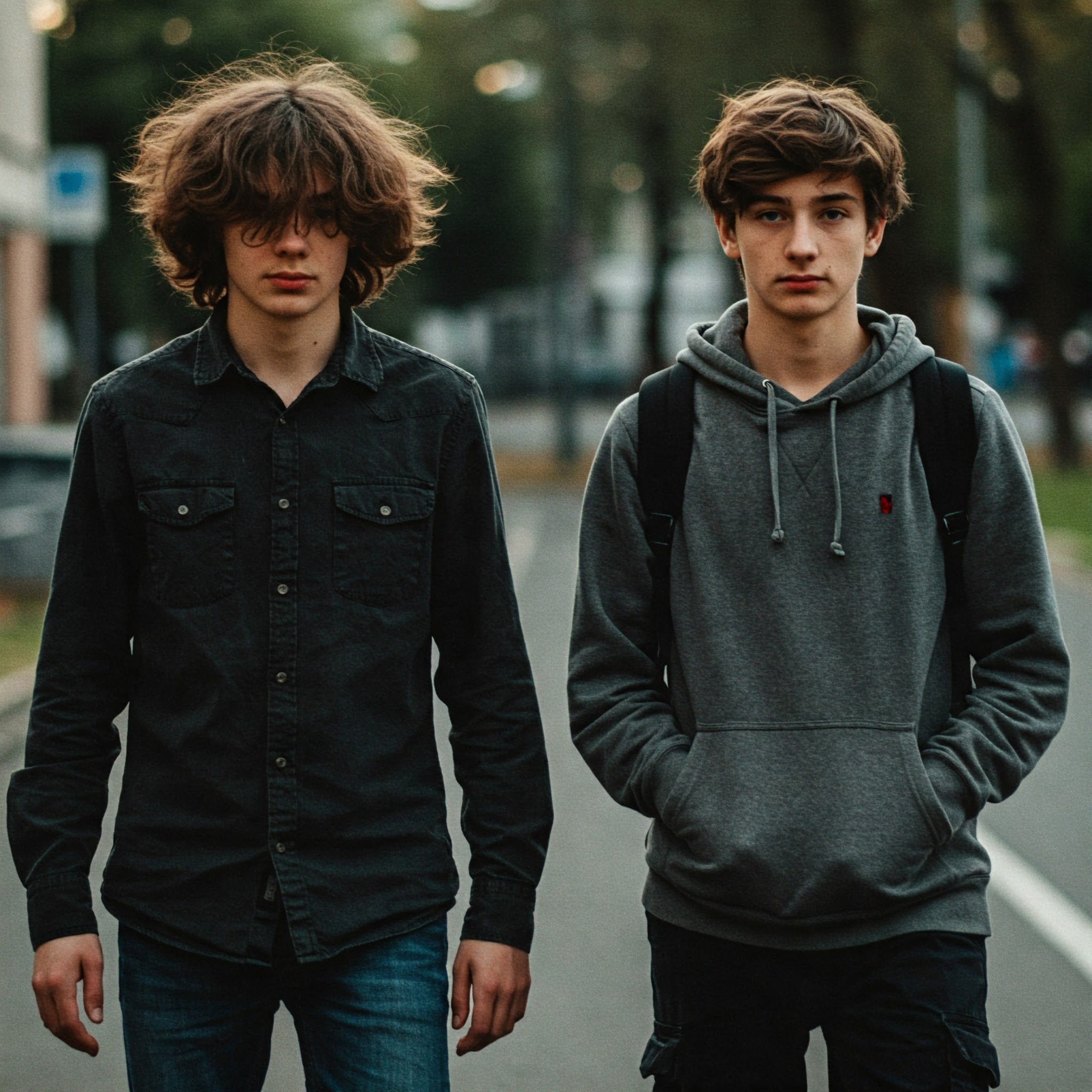
The series Adolescence, which has stirred public opinion, is particularly timely. The series addresses the effects on a child’s psyche of the lack of paternal love and affection, macho stereotypes, and the models of violence projected onto children within dysfunctional families, as well as through the internet and the school environment. A school environment that is utterly incapable of providing a proper holistic education on a cognitive and psychological level and to inspire proper values.
A child growing up in a seemingly typical family, like all the others, transforms into the ruthless murderer of a classmate. Expressions of paternal love, hugs, touch, and affection are absent from the boy’s life—even in the difficult moments he experiences at the police station after his arrest. The boy’s father is emotionally deficient. We see him in many scenes of the series expressing anger and frustration, perhaps the only emotions he knows well. In the end, he breaks down, acknowledging that he failed to stand by his son as he should have, perhaps because he himself had never experienced affection and love from his own father.
The child has learned to despise women and view them as objects of sex. We see how he manipulates and treats with contempt the child psychologist that evaluates him only because she is a woman. All the stereotypes of a sexist society are highlighted in a vivid and painful way.
A child’s psyche is pure and sensitive. Hugs, kisses, and acceptance from both parents are necessary conditions for a child’s healthy psychosocial development. Today’s society resembles the wildest jungle. Dysfunctional families suffering from domestic violence—physical or psychological—broken families where one parent attempts to alienate the child from the other—how many fathers are estranged from their children due to such divorces, or conversely, how many fathers are consciously absent from their children’s lives? How many mothers are pathologically attached to their children, treating them as possessions? How many mothers choose to be detached from their children, focusing solely on their career? All these people living in a dystopia are not entirely to blame, as they essentially reproduce patterns and values they experienced and adopted from their own family environments. There is an intergenerational reproduction of distorted models.
Psychopathology is deeply rooted in many modern families—a phenomenon for which that our society a heavy price. Dysfunctional adults that develop personality or emotional disorders, antisocial behaviors taking center stage among young people. How many adults—that grew up in such families—struggle to connect with those around them or with their partners? How many children today grow up like Jaimie and are prone to violent behavior? How many violent incidents involving minors are reported daily, inside or outside the school environment? How many cases of school bullying exist that we never hear about?
Yet the dysfunction a person experiences is not irreversible, provided it can acknowledge it and it is willing to seek help before it’s too late.
Person-centered psychotherapy, through the therapeutic relation between the client and the therapist and with the conditions of empathy and authenticity, may assist the client who is suffering such distress to better understand themselves and its roots, and, through inner exploration, to heal their wounds at his/her own pace—without direction, without judgment, without urgency, but with the warmth and love inherent in the unconditional positive regard of the psychotherapist.
If you or someone you know is navigating similar challenges, consider reaching out. Contact me to begin the journey toward healing.

